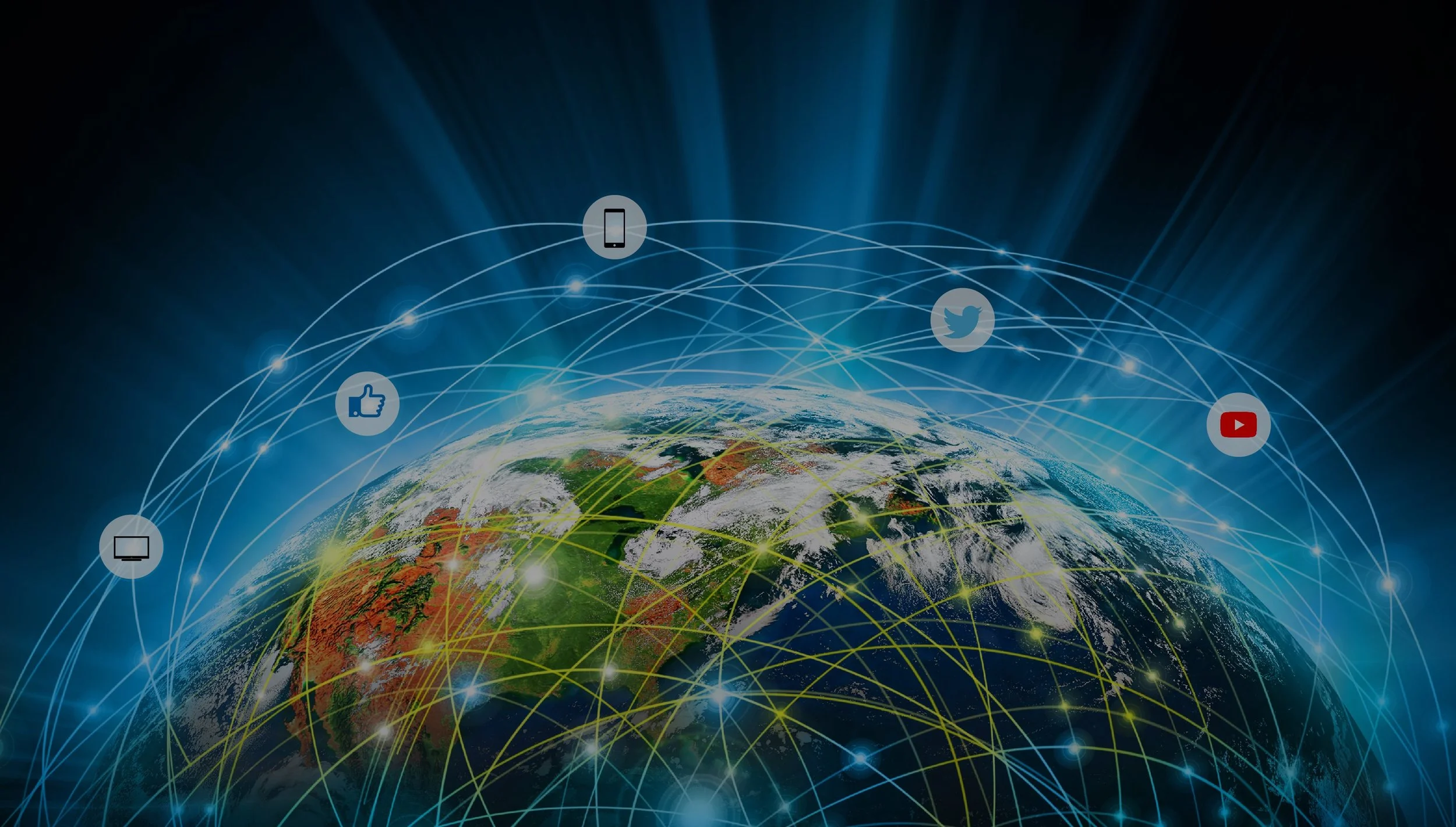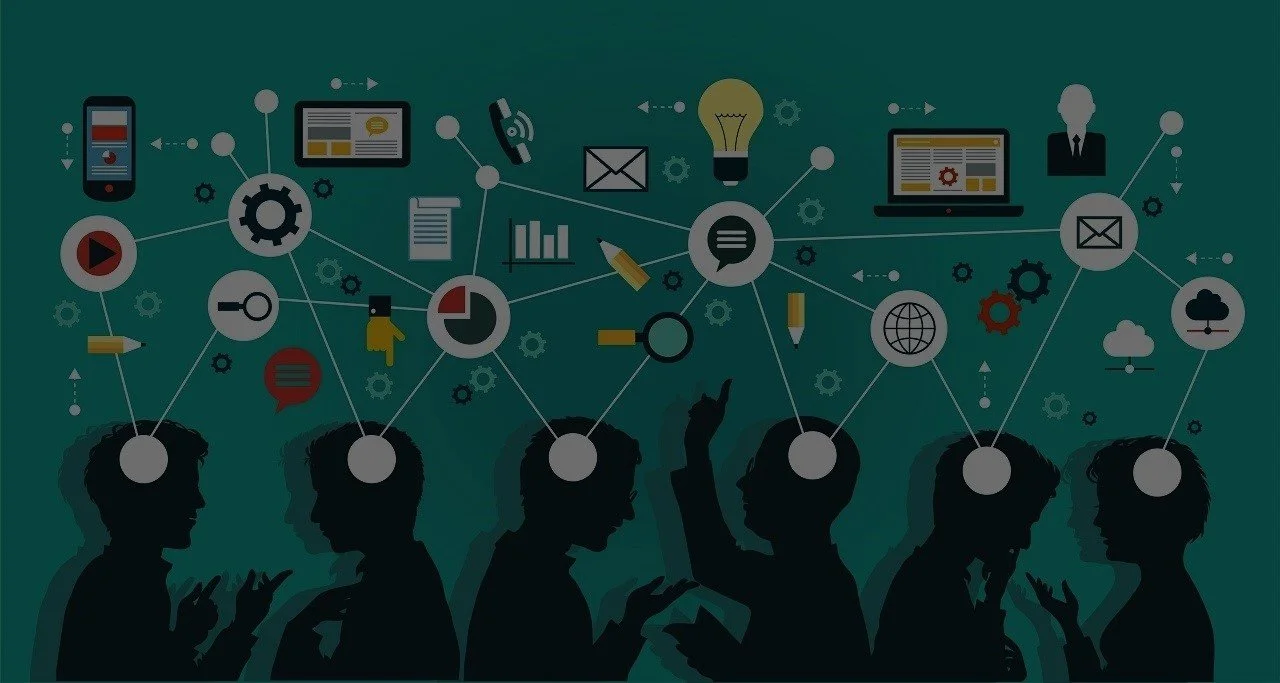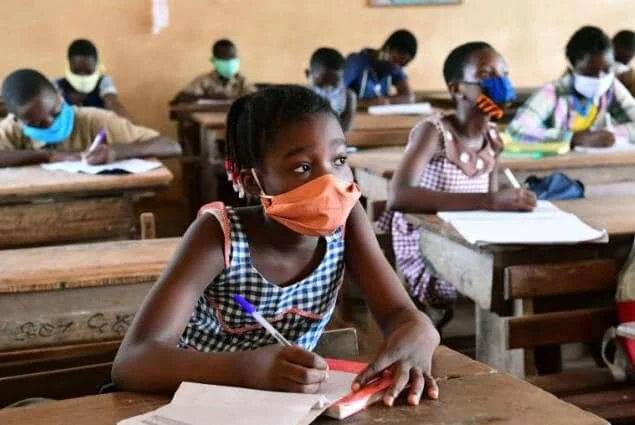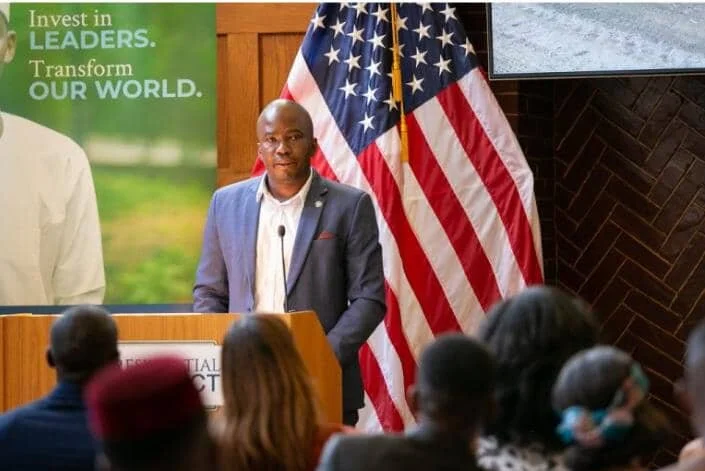The DAC defines official development assistance (ODA) as “government aid that promotes and specifically targets the economic development and welfare of developing countries.” Understanding of this definition has changed over time, recognising, for example, the emergence of “non-DAC providers or philanthropic foundations, the diversification of financial instruments for development, or the increasing overlap of development cooperation policy objectives with those of other sectors such as migration and security.”
PRINCIPLES ON RELEVANT|EFFECTIVE SUPPORT TO MEDIA AND THE INFORMATION ENVIRONMENT
A well-functioning independent media system is critical to sustainable social and economic development, and a bulwark of peaceful, economically prosperous societies. Greater citizen engagement, stronger accountability and lower corruption are all attributable to the presence of professional news media. A vibrant news sector is also fundamental as the first line of defence against democratic backsliding and autocratisation, whose first step is often to undermine media freedom and financial viability. Credible news media provide sunlight on critical social, economic and political issues to ensure a well-informed civil society and accountability of industry and private interests
Harnessing Africa’s Youth Population For Inclusive Growth
Africa stands at a critical juncture in its history, with a rapidly growing youth population that presents both challenges and opportunities. As the continent grapples with pressing issues such as food security and economic development, it is crucial to harness the potential of this demographic dividend to achieve inclusive growth. By empowering Africa’s youth and creating an enabling environment, we can transform the continent’s food systems and unlock its economic potential.
Excerpt Two From A Recent Interview With University College London | The Kenyan Social Enterprise Ecosystem Landscape
Earlier this year, The Youth Café was interviewed by Eliana Summer-Galai, a Masters student with the Institute of Global Prosperity at University College London (UCL). This interview was to provide insight into her research on the Kenyan Social Enterprise Ecosystem. This is the second post of the series on How we would describe the Kenyan Social Enterprise Ecosystem landscape.
African Youth As Drivers Of Decent Job Creation In Sustainable Food Systems
Although youths who are situated in farming communities have some, if not all resources at hand for the production of food, more still needs to be done in the development of youth farming. A high population of global youth are found in Africa and Asia and through increased urbanization, the act of food growing in these areas leaves food security and nutrition in jeopardy. According to reports from the World Bank, the share in food manufacturing and services is on the increase. The inclusion of women and youth into food systems can raise productivity and improve social peace, which as a result makes the migration to urban areas or even developed counties, a choice instead of a necessity.
COVID-19 And Education In Sub-Saharan Africa: 5 Actions For The Way Forward
According to data from the UNESCO Institute for Statistics (UIS), sub-Saharan Africa (SSA) has low learning proficiency and the highest rates of education exclusion, with more than 20% of children between 6 and 11, about 33% of those between 12 and 14 and 60% of youth 15 to 18 years old out of school (UIS 2019). The advent of Covid-19 has worsened the state of global education, but the hardest-hit regions will be those with less robust education systems such as sub-Saharan Africa. Robust systems are identified by their high literacy and numeracy rates, which can be used to predict the future human capital of the country.
The Key To A More Ethical Workplace? Youth.
In his current work, which focuses on civic engagement and economic development, Edgar is no less determined, advocating for personal and professional ethics and seeing young leaders as a catalyst for lasting social change. Nonetheless, Edgar sees great potential in young leaders to usher in change, especially with the advent of digital media.In the workplace, Edgar advises young leaders to play off each other’s strengths and compel in each other the desire to be the best version of themselves.








